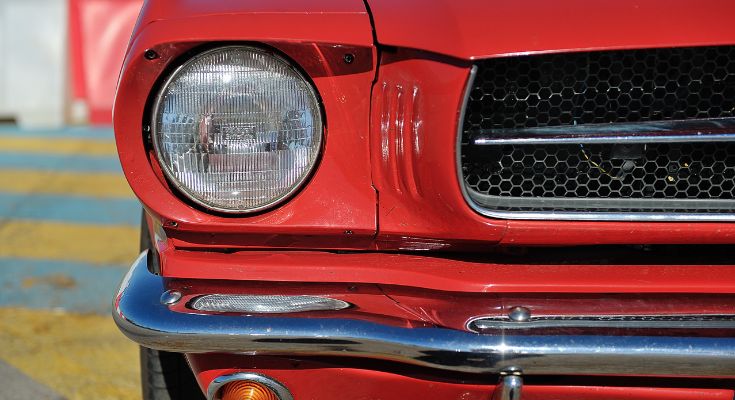If you’ve always admired classic vehicles that people bring to tailgating events, you may have considered becoming a first-time owner of a classic car yourself. Before you commit to a purchase, though, you must understand some key aspects of these elegant pieces of machinery. This informational guide will discuss crucial points, providing you with relevant insights you should know before buying a classic car. That way, you can rest easy knowing you made the right purchase.
Your Purpose for Purchasing a Classic Car
It’s important to start by identifying the main objective behind your desire to acquire a classic car. Obviously, you’ll be taking yours to tailgates, but are you looking for a project car to tinker with and restore or a fully restored beauty to take to car shows? This decision will significantly impact your choice, as well as the overall budget and time you’re willing to invest.
Classic Car Terminologies
If you’re delving into the world of classic cars for the first time, it’s also crucial to familiarize yourself with the unique terminologies and classifications used to define these vehicles. People often use terms like “antique,” “vintage,” and “classic” interchangeably, but they refer to different age groups and specifications. Knowing these kinds of terms will facilitate better communication with sellers and give you an edge as a knowledgeable buyer in the market.
How Much It’ll Cost Afterward
If you want to restore the car you buy, you need to know that it won’t be cheap. While restoring a classic car is undoubtedly a labor of love, it can also be a time-consuming and costly endeavor. Assess your mechanical proficiency, available time, and budget before deciding on a project car. If you’re not interested in or equipped for a hands-on restoration, consider purchasing a fully restored classic car to save time and potential headaches.
Even if you don’t buy a fixer-upper, there’s still a lot you’ll need to do to keep this kind of vehicle in top shape. Knowing how to keep your classic car in prime condition is a good place to start, but there’s always more you can do to make your investment truly shine.
How To Avoid Dishonest Selling
As in any market, classic cars have their share of fraudulent activities and dishonest sellers. To avoid any pitfalls, thoroughly look into the history of the car you’re interested in. Always ask for documentation and verify the vehicle’s authenticity before making a purchase. Additionally, seek reputable dealers, attend classic car shows, or join owner’s clubs for a more trustworthy buying experience.
Insurance, Storage, and Maintenance Considerations
One thing that not many people know about before buying a classic car is that these vehicles require specialized insurance coverage and storage conditions to maintain their value and preserve their delicate components. Even if you protect your classic car properly, you still need to keep up with regular maintenance if you want it to hold its value. Take note of these considerations, as they’ll impact the overall cost of ownership and the enjoyment you get from your car.



